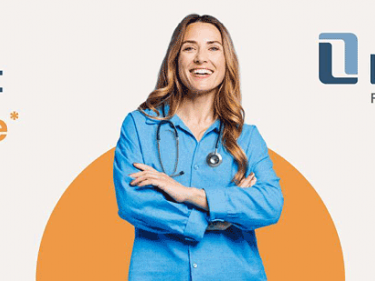Cough and the Common Cold: Is There Safe Treatment for Children?
 Marin Mommies is pleased to present another guest post by Steven Martel, MD, FAAP. Dr. Martel is a pediatrician with Child’s Light Pediatrics, Inc., an unique, house call pediatric practice in Marin County and San Francisco. For more information, please visit www.childslightpediatrics.com
Marin Mommies is pleased to present another guest post by Steven Martel, MD, FAAP. Dr. Martel is a pediatrician with Child’s Light Pediatrics, Inc., an unique, house call pediatric practice in Marin County and San Francisco. For more information, please visit www.childslightpediatrics.com
The fall and winter months bring with them pesky viruses that wreak havoc on the family. Despite all of our advances in medical technology and drugs, we are still no match for the common cold virus and its cousins. Most parents with children in daycare, preschool or play groups dread the inevitable onset of the runny nose, cough and fever. With the exception of over-the-counter medications that effectively treat fever, most other symptoms of the cold are not effectively treated with over-the-counter (OTC) or prescription medications.
This reality has been recognized by the United States FDA which has strongly recommend that OTC cough and cold medications not be used in children under 2 years old. The recommendations apply to medicines containing: decongestants, expectorants, antihistamines and anti-cough components. The implementation of the ban was due to a dozen studies that showed these medicines were no better than placebo at alleviating the symptoms of the common cold. Given this fact and the potentially serious side effects of these medicines, the FDA took action. The American Academy of Pediatrics (AAP) is fully supportive of the ruling. Moreover, there is good evidence to suggest that these medicines are not effective in children under 6 years old and the panel recommended caution in the use of these medications from 2–6 years old.
So, where does this leave parents who have children suffering the symptoms of the common cold? The following remedies are recommended by the AAP and can be viewed at: www.aap.org/publiced/BR_Infections.htm.
To relieve a stuffy nose
- Use saline (saltwater) nose drops. Ask your child's doctor about which ones to use. Place a few drops of the saline into each nostril followed by gentle bulb suction. This works best for babies less than 3 months.
- During the illness, use a cool-mist humidifier or vaporizer in your child's room. This helps moisten the air and may help clear your child's nasal passages. Be sure to clean the humidifier or vaporizer as recommended by the manufacturer.
To relieve chest congestion
- Chest physical therapy can loosen mucus and may help infants and young children cough it out. Lay your child across your knees, face down; cup your hand; and gently tap your child's back. Or sit your child on your lap, lean her body forward about 30 degrees, cup your hand, and gently tap her back.
- During the illness, use a cool-mist humidifier or vaporizer in your child's room. This helps moisten the air and may help clear your child's congestion. Be sure to clean the humidifier or vaporizer often, as recommended by the manufacturer.
To relieve a cough
- Try half a teaspoon of honey for children aged 2 to 5 years, 1 teaspoon for children aged 6 to 11 years, and 2 teaspoons for children 12 years and older. Remember, it's not safe to give honey to babies younger than 1 year.
- For a child aged 4 years and older, cough drops or lozenges may help soothe the throat. Remember not to give cough drops or lozenges to a child younger than 4 years because he could choke on them. Also do not give your child more cough drops than directed on the package.
To relieve a fever
- Give acetaminophen to a baby less than 6 months. Give either acetaminophen or ibuprofen to a child older than 6 months. Ask your child's doctor for the right dosage for your child's age and size.
Lastly, ask your child’s health care provider about potentially useful herbal remedies to treat your child’s symptoms.
While giving our children medications often make us feel better that we are doing something, the reality is that with time your child’s symptoms will resolve whether they receive medication or not.






